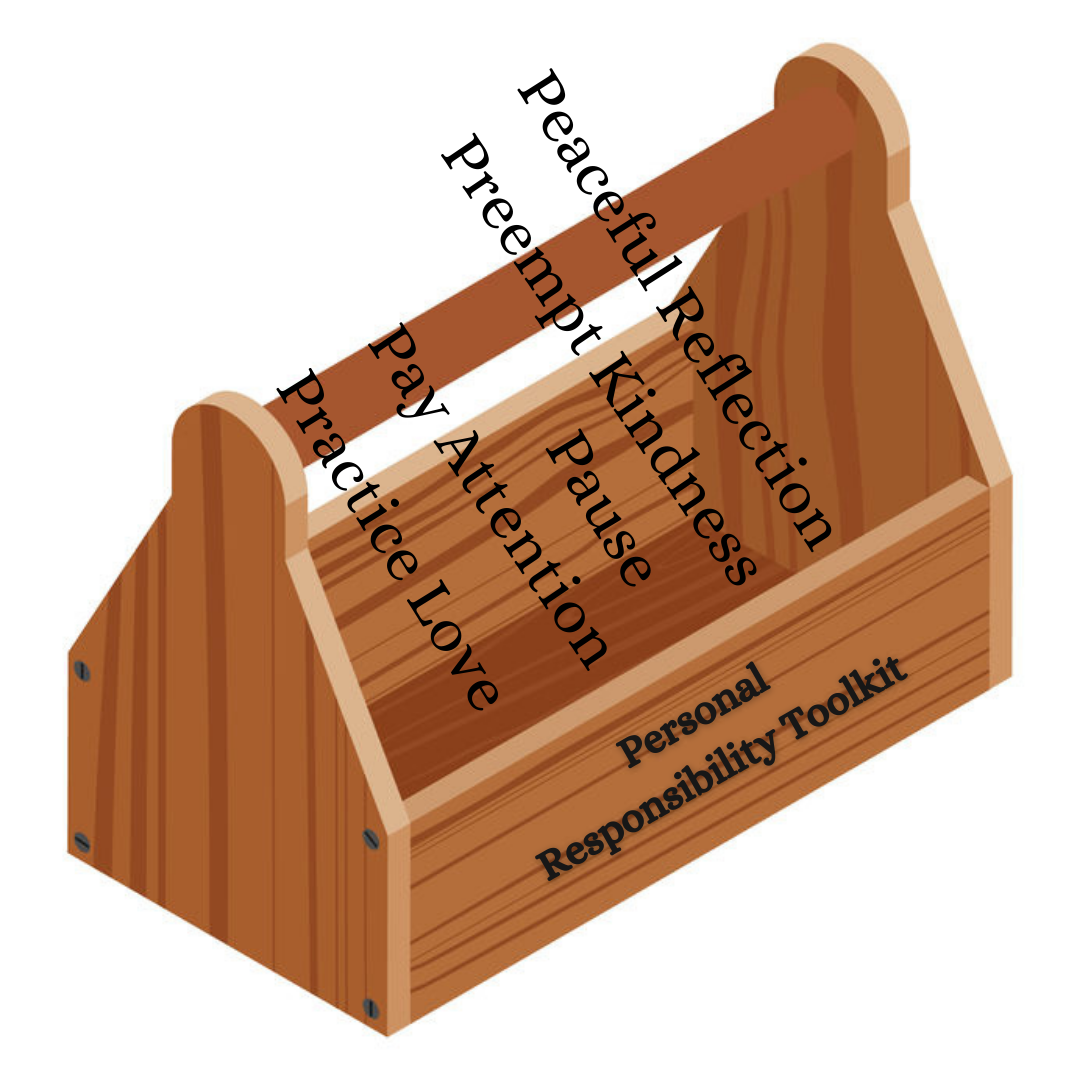Duty as an Etiquette-ful Commitment

The word “duty” has over a hundred synonyms, several involving categories where it applies to virtuous or mannerly conduct. At its origins, the word’s meaning is an “obligation or owing” to a call for action. This obligation is, according to moral rules, following the laws of justice, social conventions, or workplace responsibilities, and aligns strongly with a personal sense of what a person believes is right and good—it “feels right.”
When we act according to a sense of duty, we commit to virtuous principles, often contrary to our immediate self-interest. We might feel inconvenienced, but we act according to a deep-seated understanding that it is a rule worthy of expectation of action.
Duty and Etiquette
At its core, etiquette requires us to practice kindness and respectfulness to other people. Adam Smith, 18th century moral philosopher, emphasized that self-command is the most perfect authority for regulating a person’s natural tendency to act in strict self-interest, and instead to balance that interest against our learned “exquisite sensibility” to the feelings of others.
Therefore, our duty, as it applies to etiquette, is simply to follow The Golden Rule. Navigating this obligation on a daily basis can be far more complicated, but implementing the tools that etiquette guidelines provide make it a constant practice to which we can commit.
Our Commitment to Being Etiquette-ful
A commitment to practicing etiquette is a commitment to being your best self. The most helpful guidelines for achieving this goal are:
- Listen
When you listen with respect rather than to formulate your own response, the person with whom you are communicating knows they have been heard. - Make Eye Contact
Eye contact lets someone know that you are sharing that present moment with them. They have your full attention. - Be Mindful
Mindfulness in social situations or in a public environment means that you are aware of what is happening around you, opening the way for you to find opportunities to be helpful and kind. - Show Gratitude
Saying or showing that you are grateful to someone keeps the law of reciprocity in motion. If we all continuously do things that we or others can be grateful for, the kindness wheel keeps spinning, leaving no room for negativity.
It’s interesting that our quest to be our best selves involves our treatment of other people. It brings us full circle back to the core of etiquette: kindness and respect, for ourselves and for others. And the primary reason for this concept is the fact that we share our world with other human beings, making it necessary that we all get along.
Our duty, then, is to ensure that we get along. In fulfilling our duty, we practice etiquette, we find ways to cooperate and compromise, and we always aim to do good for ourselves, our community, and our world.
I came to realize that life lived to help others is the only one that matters and that it is my duty. This is my highest and best use as a human.
~ Ben Stein














